Tomorrow is traditionally known as April Fools’ Day. It is the day of the year when you are encouraged to play pranks on innocent people and hope to get away with it. Fools’ Day has been practised for hundreds of years and is recognised in countries all over the world including Poland, Iran and the UK. It is thus rather fitting for the start of Autism Awareness or Acceptance Month. As the incidence of autism has grown dramatically and is now found in every country in the world, we have a global campaign to normalise it.
Sanctioned by the United Nations since 2007, we used to have just a day for Autism Awareness on 2nd April, but this has now turned into a month. The UK’s National Autistic Society tells us that “World Autism Awareness Month is an opportunity for everyone to come together and raise awareness, foster acceptance, and create a society where autistic people are supported, understood, and empowered.”
Imagine what Professor Leo Kanner would think, coming back from the dead to find the rare condition that he described as ‘early infantile autism’ being spot lit for attention across the world. His seminal paper published in1943 documented 11 cases of unusual children with an affective disorder that rendered them unable “to form the usual … contact with people”. At that time, most paediatricians would not see such a child in the whole of their forty-year career. The rates were estimated to be 1 or 2 in every 10,000 although it was so rare that accurate numbers are hard to locate. Now, every paediatrician has a queue of children waiting to be seen and rates are as high as 1 in 20 or 5%, as documented in Northern Ireland in 2023. In Northern Ireland, boys are three times more likely to have a diagnosis than girls, giving them an incidence rate of 7% (or 1 in 14). At least a quarter of these children have a learning disability and four in every five has a statement of Special Educational Needs. This is a shocking increase in the 80 years since Kanner first published his work.
The theme for Autism Awareness or Acceptance month in 2025 is to ‘celebrate differences’. The charity Autism Speaks asks supporters to wear the blue-ribbon symbol and blue clothing to reflect the way that the colour is associated with ‘calmness and understanding’. They encourage people to ‘light it up blue’ illuminating our buildings to symbolise collective support for people with autism. Communities are encouraged to get together to hold awareness-raising events and raise additional funds.
In my book, this should be Angry about Autism month. It is now twenty years since our son regressed into autism and there is still no sense of public alarm. Indeed, as the numbers go up, the complacency seems to increase. As it comes to affect every family to at least some degree, people treat autism as a normal occurrence and wear the blue t-shirt with pride.
This is remarkable. We are being played for fools. How did we ever get to the point where we are being asked to celebrate a serious neurological condition rather than ask what is causing the problem and why the rates are rising so fast?
With parallels to charitable fundraising for other health conditions and disabilities, people dress up in coloured t-shirts and run round the park in collective hysteria rather than understand why this is happening. We have pink for breast cancer, white for lung cancer, orange for leukaemia, purple for Alzheimer’s Disease and of course, blue for autism. This happy charitable activity is cheered on by the United Nations, national governments, health experts and of course, the charities that use it as an opportunity for raising their funds. No one asks why we have an autism epidemic, and if you do, I know to my cost that you are likely to get a look of pity or even horror for spoiling a lovely day out.
This is all about appearing to do something and being active while reinforcing the status quo. People are busy talking about autism, shaking buckets and making themselves feel better while the rates carry on rising, the school system can’t cope, local authorities are going bust due to the cost of meeting their statutory requirements to educate so many children with special needs, families suffer higher rates of divorce, and the taxpayer picks up the bill. I know people don’t want to hear it, and they want to be nice, but this is a catastrophe.
For my money, Angry about Autism month 2025 should start by focusing on what we DO know about the origins of the condition and working from there. In our case, we did everything parents are supposed to do. Our son had a normal vaginal delivery, he was breastfed for more than a year, he had homemade baby foods from the age of about 6 months and I stayed with him for the maximum 8 months before returning to work. Even then, he was with a local childminder who gave him the best possible care for no more than 20 hours a week.
As far as I know, our only mistake was in getting him vaccinated for diseases he was very unlikely to get. Moreover, even if he did get them, I would rather we had borne the consequences than have the severe autism that we live with for life. The process of getting sick would have strengthened his immune system and given him life-long protection and much better health. The diseases he was inoculated against are either very rare or usually mild and susceptible to treatment. He had three doses of a combined vaccine for Diphtheria, Tetanus and Pertussis (Whooping Cough)(DTP). He had two doses of a combined vaccine for Measles, Mumps and Rubella (MMR) and two shots for Meningitis C, one of which was given on the same day as the first MMR vaccination. This was all it took to push his immune system and his neurological development over the edge.
However, he inherited a dysregulated immune system from me. I was one of the sickest children at my large secondary school. I had strong hydrocortisone cream for eczema, serious trouble with hay fever during exams, and cat and dog allergy during sleepovers. I had to go and have daily inhalations of steroid for asthma and was unable to run. This was extremely unusual in the 1970s. Although it was not seen as a cause for major concern – as is still the case to this day. Looking back, it was a clear sign that something was wrong.
My allergies was likely related to the vaccines that I had as a child. I just dug out my old NHS cards and these document the administration of three doses of DTP (in the fourth, fifth and sixth months of life) and three for Polio (in the sixth, eighth and ninth months of life), one for Smallpox (at a year), one for Measles (at three years), one for Rubella and one for Tetanus (both at 11), one for BCG against Tuberculosis (at 14), and another for Tetanus (at 17). When I was 16, I went to visit a school friend who lived in Kenya and that involved a vaccination against yellow fever (in late 1981) and two for cholera (in early 1982). I also went to India in 1984 and that may have involved more vaccinations, but I don’t have any records of those. I’ve been surprised to discover that I had more vaccinations than either of my children have had.
However, my daughter and son inherited a dysregulated and over-active immune system from me, and I am convinced that this is at the root of their problems. While my daughter had eczema and migraines, she did not have the MMR until she was five and functions extremely well. Our son also had eczema but descended into worsening allergies and autism after having the MMR and a vaccination for Meningitis C on the same day when he was eighteen months old. My immune system - passed on in utero -provided the backdrop into which the simultaneous injection of four different pathogens stopped his normal development.
Given the number of people now living with immune disorders I fear that each generation will inherit an ever more dysfunctional system that, in turn, will make their children highly vulnerable to the kinds of severe neurological damage that has afflicted our son and thousands like him.
A cursory glance at recent research into the incidence and trajectory of the kinds of allergies that I had so badly as a child certainly makes for alarming reading about what is to come. At least a third of the UK population now reports an allergy of some kind and rates of all these conditions are going up fast. Indeed, the rates of children with hay-fever and eczema have trebled in the last thirty years.
In addition, the incidence and rates of autoimmune disease further indicate the damage being done to our collective immunity. About 1 in 10 people are estimated to have one of up to 80 conditions, the most significant of which are listed below.
On top of this, rising rates of cancer and life-threatening conditions like Sepsis indicate that the human immune system is struggling to cope.
Today, human beings are characterised by immune dysfunction and there is surprisingly little interest in understanding why this has happened and its consequences for the future of our species.
Squandering our biological inheritance
Human beings have historical continuity with the first cellular life forms on earth. The mitochondria powering every cell in our body first developed an estimated 1.5 billion years ago and without them, we would never have happened. The process of evolution fostered the development of a remarkable immune system that is found in all organisms to different degrees. It identifies and resists invasive organisms but also helps maintain the balance of the biological system. It identifies ‘self’ from ‘other’ and works through recognition, activation, elimination and memory, with each stage of the process requiring a different set of cells and biological processes.
A relative newcomer in evolutionary history, human beings have only been around for about 300,000 years. We depend on an innate immune system that we have from birth but also have a capacity for adaptive immunity that develops in the early stages of life, depending on the environment into which we are born. Interfering with this system has enormous - and largely unrecognised - risks for our ability to develop normally. Injecting a small baby with live and attenuated pathogen along with a mixture of chemicals for stabilisation and preservation, as well as agents to enhance immune response, can only be dangerous. Not only is this administered as one dose regardless of immune inheritance, size and metabolism, but it is factory made, stored and given at a variable interval after production. The process of vaccination also puts the pathogen straight into the tissue and blood stream, by-passing the natural routes of entry. The immune system encounters the pathogen in a way that is completely alien to the one for which it was designed to respond. The patient also gets the pathogen in combinations that would never happen in the wild – such as being exposed to four at once as happened in the case of our son.
The rising incidence of allergic disease, autoimmunity and failures to maintain homeostasis reflect a catastrophic assault on our collective immunity. Vaccinations must be a big part in this story alongside the threats posed by environmental toxins, poor quality food and stress, all of which leave their imprint in the biochemistry and immune profile which a mother passes on to their children in utero before they are born.
However, as these problems increase, the medical professionals seem to accept them as ‘normal’. Just as I was told that allergy was ‘one of those things’ so too, we have been told that autism is just ‘one of those things’. The system appears to have lost any institutional memory about the rarity of these conditions in the past. It has also become so technocratic that it precludes space for doctors to look at the patient and try to understand what is happening and why. Symptoms are plugged into a computer and the diagnosis and ‘treatment’ (if there is such a thing) is spewed out. Indeed, doctors are failing to understand the underlying pathology of any of the chronic health conditions that reflect our disintegrating immune system. The model is to diagnose and manage rather than cure.
The inaugural Angry about Autism month needs to be about raising alarm. We don’t need more awareness or celebration. We need answers about what is happening. We need to know why. The experts and doctors, charities and government departments have been failing us for decades. We need new leadership. This is what has happened in America, and R. F. Kennedy Jnr is installing new teams at the National Institutes of Health (NIH) and Centres for Disease Control and Prevention (CDC). Their mission is to change the trajectory of chronic disease including allergies and autism. Their work is critically important for the future of humanity, it’s our best shot at a healthier and happier future. It gives us something to celebrate this April as they get underway with their work.

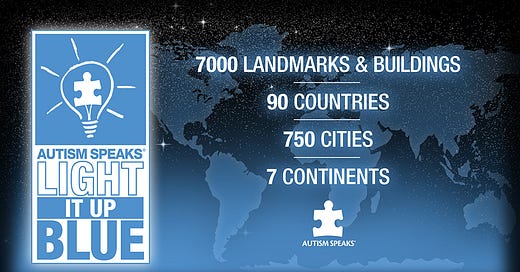

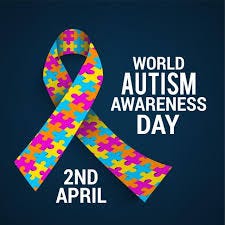
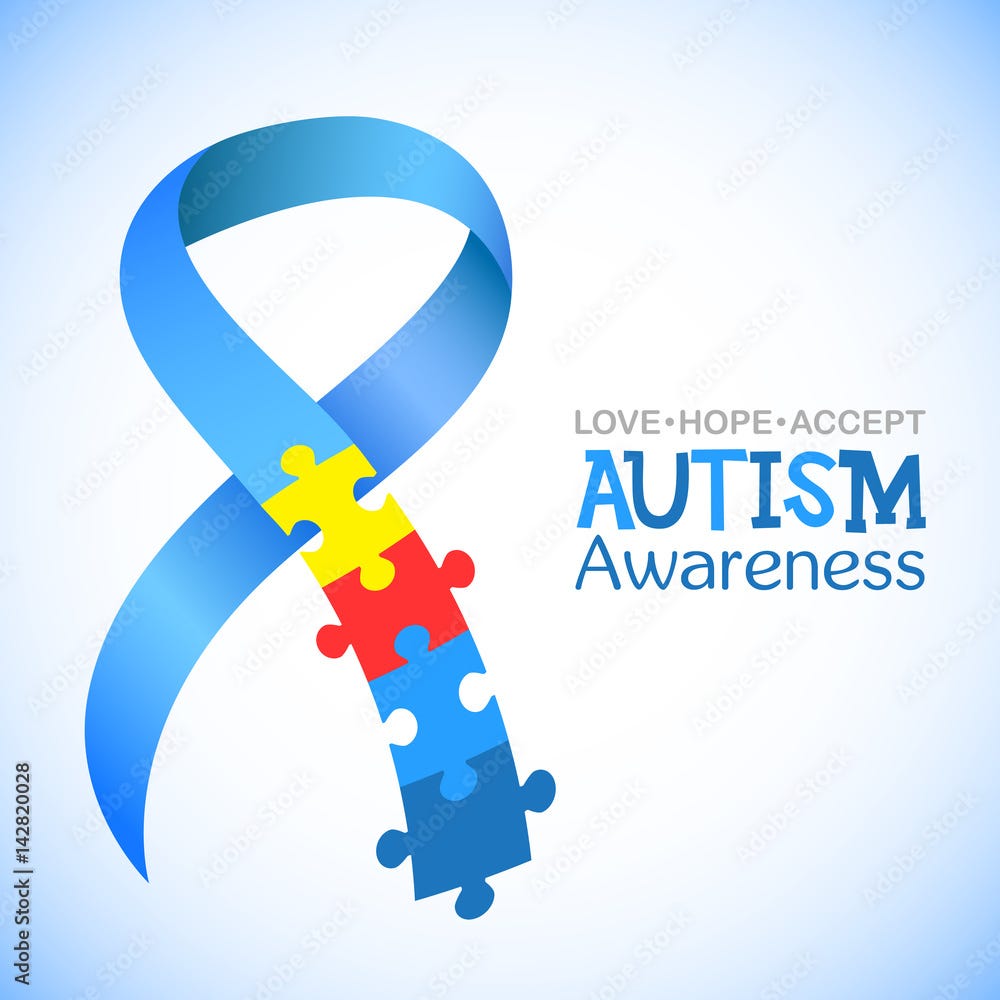


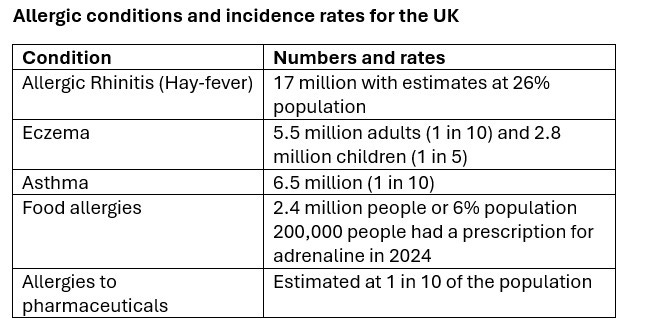
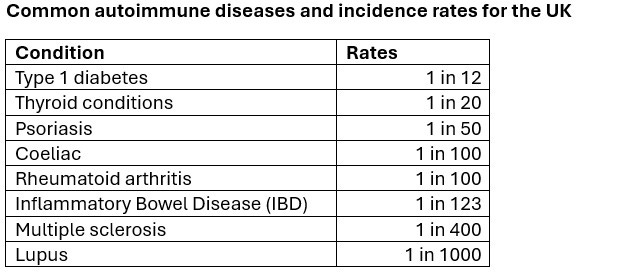
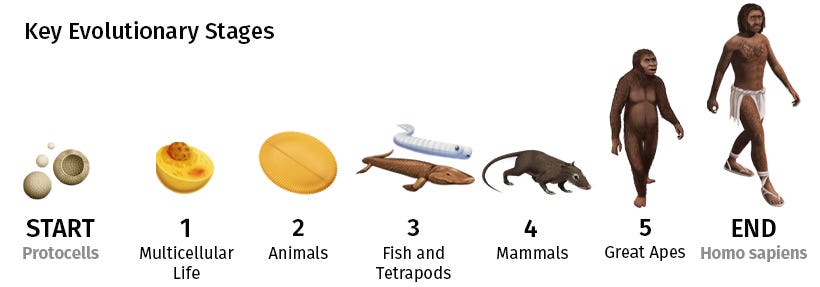


It’s the perfect cover-up. Instead of seeing autism for what it is, massive neurological damage, we’re told it’s normal. It’s part of the human condition. It’s time to celebrate.!
Made me laugh. Thank you!